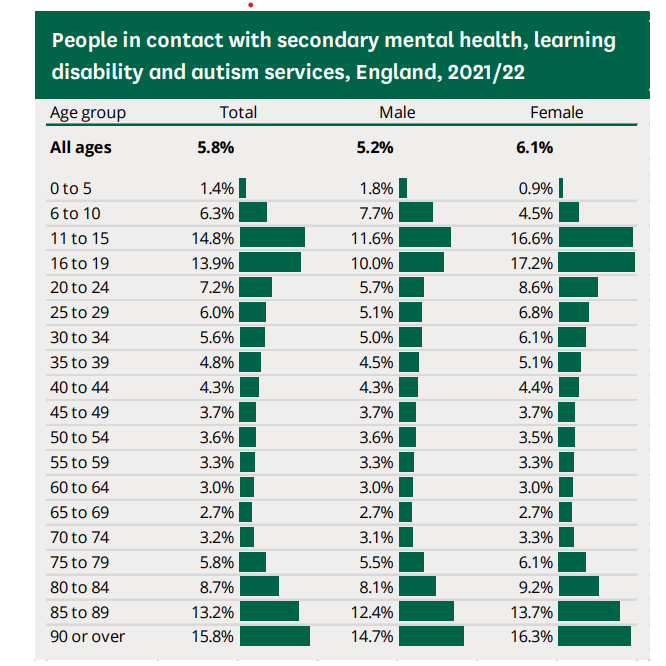This year, the UK celebrates mental health awareness week from the 15th to the 21st of May. It is a time for everyone to come together and help each other navigate and vocalize any silent struggle, and most of all, to let people know that no one is alone in their battle against mental health.
The mental health charity Mind has made the cost-of-living crisis their main theme for this year’s mental health awareness week. Their most recent survey made to more than 5000 adults across the UK showed that 78% of the respondents were choosing not to talk about their mental health not to burden those around them, saying “everyone is struggling”.
It was also revealed that most people nowadays can’t afford activities to make them feel better, have less free time due to working longer hours, and can’t afford to contact or visit their support circle.
In the past few years, there has been a concern that the cost-of-living crisis and the remaining effects of the pandemic have had a negative impact among UK citizens. There’s been ONS reports that prove the prevalence of depression in relation to the cost of living among UK adults, showing that rates of depression were higher among those who found it hard to afford their energy bills, as well as those who were renting.
Kent’s statistics surrounding mental health vary depending on the demographic and district. However, Simon Dolby, Development and Fundraising lead for East Kent Mind, says that “young adults in the Canterbury district have particularly high levels of mental health concern that sometimes manifests in suicide.”
“We're seeing requests from schools, youth clubs, and families who are worried about their children.”
—Simon Dolby
Dolby explained that since the pandemic, young people have been the demographic most affected by mental health struggles in Kent. The lack of socialization and the prevalence of an online life prevented them from creating strong friendship groups in real life.
“Statistically children are affected by mental health at the moment, predominantly because of COVID. They haven’t built up friendship circles, they are more susceptible to bullying online. They don’t know how to handle it.”
We are still in the aftermath of covid in regard to mental health, and now the cost-of-living crisis is only worsening the situation. “Financial worries and mental health often go hand in hand. 81% of Mind clients cite financial worries as a factor affecting their mental health. As the cost-of-living crisis continues we’ll see the percentage increase.”
Men are another demographic targeted by East Kent Mind, as they are less likely to talk about their mental health.
“Women are far more likely to talk about any issue and getting support from friends. Men are less willing to talk, they have less support networks. However, they’re starting to talk about it more thanks to different campaigns from the government, NHS, or charities.”
East Kent Mind came up with their own campaign: the Barbershop Project. The project was sparked by the statistic that men are more likely to discuss their mental health with their barber than with their GP. They decided to use this opportunity to train barbers on how to respond and help their clients battle their anxiety and depression. “Men are very loyal to their hairdresser. You trust them with your image, which is important to us as human beings. It’s a special relationship,” says Dolby.
The aim was to train between 15 to 20 barbers across the Thanet and Canterbury districts to spot signs of depression, be non-judgmental listeners, and be effective at signposting to a range of services delivered by the charity and the NHS.
The response exceeded expectations with a doubling in the number of barbers participating and a total of 158 conversations had. It showed that the biggest period of mental struggle was after the Christmas period, and that the main sources of anxiety were covid-19 and the cost-of-living crisis.
The barbershop project has been great - it is saving lives - and it absolutely fits in what a barber core values should be.
—Mathew from Malcom's Barbers, Broadstairs
As mental health awareness week approaches, Simon Dolby speaks of a new initiative: WearItBlue. They are encouraging people to wear any blue garment and take pictures for social media under the hashtag #WearItBlue as a way to destigmatize mental struggles.
“The hope is that if a lot of people stand up and say that it’s okay to talk, it’ll help incrementally to change the climate and make it more positive to talk about mental health.”
Feature image by Kelly Sikkema via Unsplash


